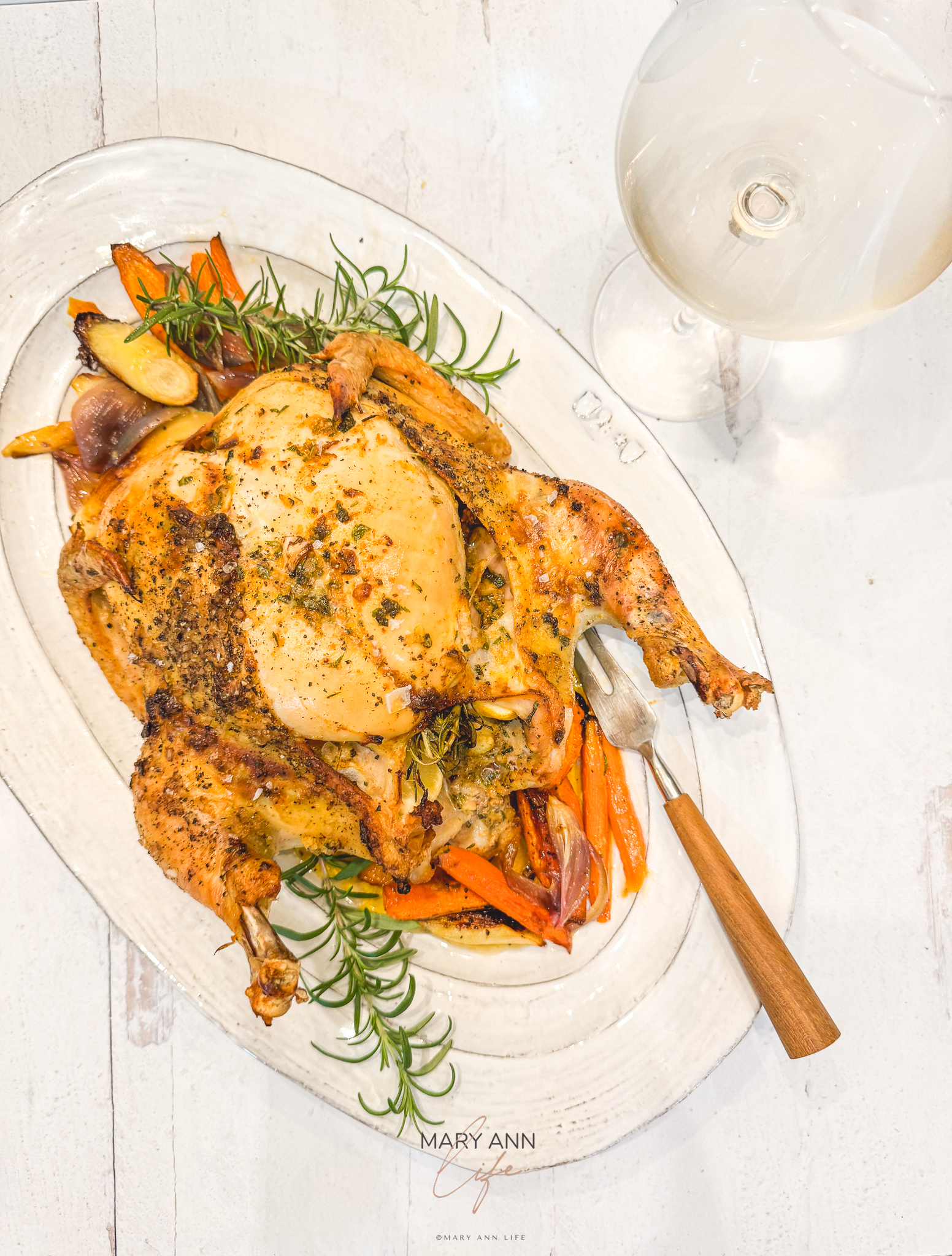Ever wonder why you’re attracted to certain people? What are the factors that will determine whether your relationship is successful or not so much? The area of psychology that gives us insight into this is called Attachment Theory.
When you were a baby, you learned how to relate to people and the world. This happens primarily through your caregivers, aka your parents or anyone who raised you. Based on how well your parents or caregivers were able to care for and meet your emotional needs, determines what type of attachment style you end up having later in life, and with the romantic partners that you choose.

- If your parents were consistently attentive and met your needs, while also validating your own feelings and experiences, then you’ll have a Secure Attachment Style.
- If your parents were consistently attentive and met your needs while also invalidating your own feelings and experiences, then you’ll have an Anxious Attachment Style.
- If your parents were not attentive and didn’t meet your needs while also invalidating your own feelings and experiences, then you’ll have a Fearful Attachment Style.
- If your parents were not attentive and didn’t meet your needs while also validating your own feelings and experiences, then you’ll have an Avoidant Attachment Style.
Anxious Attachment
A core belief of someone with an anxious or preoccupied attachment style is that they truly want close, deep affection, but they are hypersensitive to any real or perceived threats to the security of that relationship. Typically this happens in childhood when the child receives an inconsistent amount of love from a parent or guardian and becomes unable to predict when they will have that comfort and security. Therefore, they become hyper aware of changes in their caregiver’s emotions or availability.
Here are 8 ways that anxious preoccupied attachment styles might by showing up in your romantic relationships:
- You’re always afraid the relationship won’t last.
- You’re constantly afraid that you don’t measure up, and when your partner is not around, that they will find someone else that they are more interested in.
- You’re afraid that your partner doesn’t care about you as much as you care about them.
- You’re in constant need of approval and validation, meaning you’re not confident in yourself or the relationship if you’re not hearing how good or pretty you are.
- You have the need to see the relationship as stable even when there are clear red flags, and if you get rejected or the relationship ends, you feel blindsided and deeply hurt.
- Your fear of abandonment is so great that you compulsively lavish tenderness, even at the expense of your own needs.
- You have a deep and intense fear of being alone.
- You can be demanding and jealous, sending several messages until they respond or spying on them to make sure they’re not talking to anyone else.
Now for those who have this attachment style, not all is lost, and you are certainly deserving and worthy of much love. The key to dating while being anxious is choosing a partner that will not only compliment you, but also provide that much needed security.
Date someone who is:
- Comfortable with closeness
- Consistent and reliable
- Sees your well-being as a top priority
- Comfortable with sharing feelings
- Stable and OK with commitment
The qualities of a romantic partner should go beyond looks, a good job, and a sense of humor. They should give you peace of mind so that you’re not feeling insecure, anxious, or obsessive.
Fearful Attachment
Disorganized attachment is also known as fearful avoidance because it combines features of both anxious and avoidant attachments. This attachment style is very easily described as “I hate you, don’t leave me!”
In other words, this shows up as a reluctance to engage in close relationships while also having a dire need to be loved by others.
- Severe difficulty regulating emotions that would be similar to anxiety.
- Having a negative view of themselves.
- Responding poorly or inappropriately to negative emotions.
- Perceiving other people and their support negatively.
- Fear of intimacy.
- Often pull back strongly and disconnect completely if triggered or feeling overwhelmed.
- Hot and cold, loving to distrusting.
- Elevated anxiety.
- Want to please others and fix them because they don’t want to focus on fixing themselves.
- Less commitment and satisfaction in relationships.
This person will crave closeness and emotional intimacy, but they are also terrified of it. They want to be open in their relationships, but they also fear that if they’re too vulnerable their partner will hurt them.
Sadly, they are emotionally unpredictable, find themselves in intense and chaotic relationships including violent ones, and seek sexual intimacy with several sexual partners.
Regardless, it’s good to understand the root of this attachment in order to provide that safe space.

Avoidant Attachment
The person with an avoidant attachment style seeks a relationship but with a need for independence to the point where forming close relationships becomes very difficult. Believe it or not, about 30% of the population has this style.
Here are signs of an avoidant dismissive attachment styles showing up in your romantic partner:
- They suppress emotions and avoid emotional closeness in relationships.
- They feel like their partner is being clingy even when the partner just wants to be emotionally closer.
- They sabotage the relationship or pull away when their partner gets close.
- They usually are self-reliant and self-sufficient.
- They have difficulties trusting and relying on others.
- They downplay relationships and avoid intimacy.
- When faced with difficult situations, they withdraw and cope on their own.
When dating a person with an avoidant personality, it’s important not to chase them because their need for personal space will cause them to flee from you. Let them know what you need, whether it’s to spend more time together or put more effort into the relationship, but you should avoid demanding these needs or complain about the things they are not doing for you.
If after bringing up your needs, and they still haven’t tried or done anything, then that’s when it’s crucial to take a step back. Chasing them will actually make them realize that they can do this as opposed to realizing that their partner is saying this because they feel hurt.
If they say they need to walk away from this conversation, give them that space. Don’t push it, don’t ask them to continue talking to you, and don’t assume they don’t care. After a few hours to a few days, bring up the discord by saying, “I would really like us to have this conversation.”
And if they are avoiding it again, then let them know how you need space and time to process everything. This involves not constantly talking to them or hanging out with them during this time of processing. You’re showing them that you’re not changing who you are for them.
Secure Attachment
Lastly I end with the attachment that most of us long to be or want in a partner. Here are signs of an secure attachment style:
- They won’t play games, including waiting for a specific amount of time before responding to a text message. They text right away when available.
- They don’t rush into a relationship by taking things slowly.
- They are not afraid of being vulnerable or having emotional conversations, even if it doesn’t come naturally to them.
- You feel comfortable and at ease in their presence. There are no alternative motives or weird gut feelings of something lurking behind the scenes.
- They are reliable, and don’t tend to cancel at the last minute, and if they do, they give you a solid reason, apologize, and reschedule.
- They are kind and nice to the waitstaff, valet… whomever they meet!
How to adapt a more secure attachment style
Your attachment style can fluctuate depending on your experiences or the people you date. You may be secure before you date someone emotionally unavailable who makes you lean to be more anxious. Or perhaps you’re usually anxious, but the moment you start to date someone who is secure you start to show avoiding tendencies.
Here are some helpful tips to help move from an anxious attachment style to a more secure attachment so you don’t suffocate your relationships but will attain the attention that you’re seeking.
A good first step is learning how you use people to regulate your emotions. If you exemplify an anxious attachment style, you’re struggling with a lot of big emotions, and you may or may not know how to self-regulate and self-soothe. So you might have a pattern of reaching out to people, boyfriends, girlfriends, and friends to regulate your emotional system.
Inevitably, all this is really doing is leaning on another person so that you will feel better. This dependency keeps this loop going where you can only become secure if you have the attention and validation of somebody else, which feeds the anxiety cycle.
Take the time to reflect either in contemplation or journaling to examine how you feel BEFORE you reach out to somebody: Are you lonely, sad or anxious? Or are you feeling calm or happy? The goal here is to understand those negative emotions and not use others to regulate those emotions for you.
If journaling is your thing, explore some fantastic self-love journaling prompts towards self-love.
Having effective communication is another key that makes you feel more secure. If you’re talking to someone and you’re unsure of their intentions, ASK! There’s no need to be passive, and definitely don’t avoid voicing your desires.
An anxious person will not want to ask because they are afraid of what the answer is. An avoidant person doesn’t want to ask because they would rather not hear the answer. If it was flipped for them, they wouldn’t want to answer it either.
Having that effective communication makes you more secure. It shows “I know what I want. Are you on the same page?” And sometimes you might not get the answer that you want, but that’s OK. This has saved me much time and effort.
If they respond with “I don’t know if I’m ready or I’m unsure if I’m there yet,” then you merely have to ask yourself: How far am I going to go in this relationship? What are my boundaries? When will I stop and say, “Enough is enough, and it’s time to move on?”
This looks different for everyone, and everyone’s timeline of when they are ready will be different. Just create your boundaries and stick to them.
THIS should give you hope! This shows that just because you’re anxious or avoidant, or whatever you are, does not mean that you can’t change. It definitely does not signify that you can’t become more secure in relationships. As the great psychologist, Carl Jung was quoted as saying: “I am not what happened to me, I am what I choose to become.”
Book Recommendation
 Attached: The New Science of Adult Attachment and How It Can Help You Find and Keep Love by Amir Levine
Attached: The New Science of Adult Attachment and How It Can Help You Find and Keep Love by Amir Levine
Attached guides readers in determining what attachment style they and their mate (or potential mate) follow, offering a road map for building stronger, more fulfilling connections with the people they love.






+ show Comments
- Hide Comments
add a comment